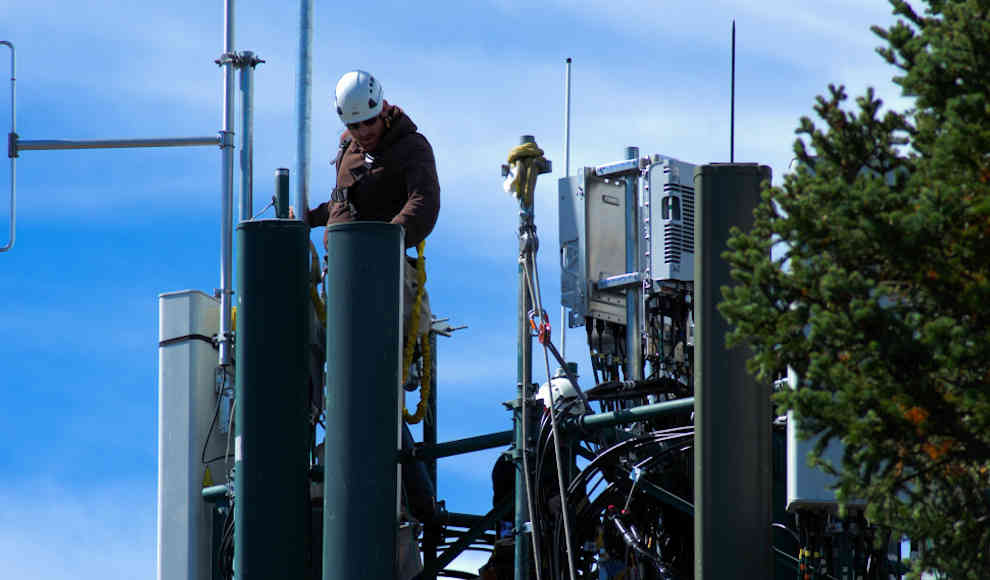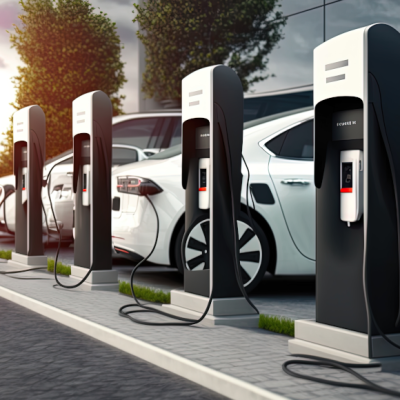The new 5G mobile network standard is set to increase Germany’s energy demand by 3.8 terawatt-hours (TWh) by 2025, with the majority of the demand coming from data centers. The 5G standard promises to provide data transfer rates up to 100 times faster than its predecessor. However, the use of the 23.8 GHz frequency has been criticized by astronomers, as it could interfere with radio telescopes. In addition, a study by the Rheinisch-Westfälische Technische Hochschule Aachen (RWTH Aachen) has revealed that the expansion of the 5G network in Germany will increase energy demand by up to 3.8 TWh, equivalent to the annual energy consumption of Dortmund, Cologne, and Düsseldorf combined.
According to the study, the majority of the increased energy demand will come from campus networks, such as local 5G networks in companies, and new data centers for mobile edge computing and other 5G usage scenarios. Karsten Wildberger, a board member at E.ON, has stated that “by 2030, 13% of the electricity will be needed by data centers.” Currently, there are around two million servers operating in Germany, which convert around 13 billion kilowatt-hours of electricity into heat each year. Only 19% of data centers use this waste heat to heat water or provide district heating. E.ON plans to work on utilizing this waste heat more efficiently in the future, such as by providing neighboring residential areas with heat.
To prepare for the upcoming strain on the power grid, Syna, a subsidiary of the E.ON group, has already built a new substation in Frankfurt am Main, the largest location for data centers in Germany. The substation could provide power to around 160,000 households. Wildberger has also stated that the new data centers can be supplied with energy in an environmentally friendly and economically feasible way by using decentralized generation plants that combine fuel cells and combined heat and power plants with wind and solar power.
In conclusion, the expansion of the 5G network in Germany will lead to a significant increase in energy demand, with the majority of the demand coming from data centers. However, E.ON is already taking steps to prepare for this increase in demand and plans to utilize waste heat more efficiently in the future.







